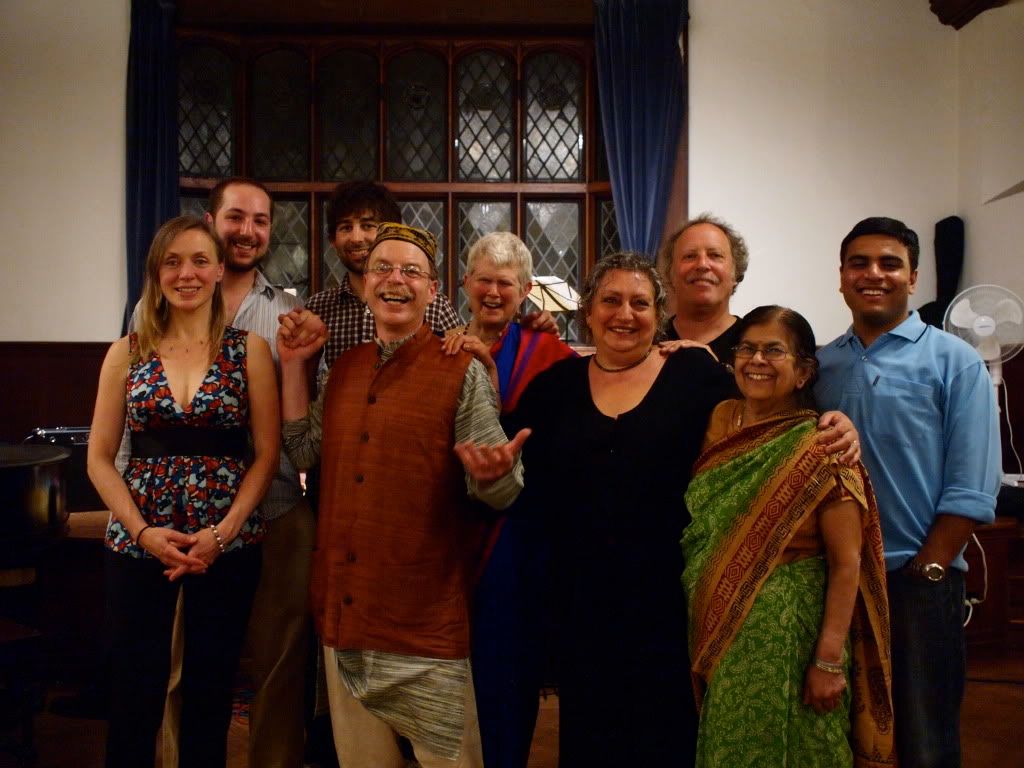Pete Seeger’s role in the environmental movement grew from the water surface up. In developing the Clearwater project, he reasoned that if people came out to the waterfront to hear the music the sailors were singing, they’d see the Hudson’s parlous condition and be moved to action.
Unsurprisingly, his colleagues in the activist world thought he’d lost his mind — and equally unsurprisingly, it worked. People did in fact come out to hear the music; they did in fact look at the river; they were in fact horrified, and they were in fact moved to action.
I started doing benefit concerts in 2009 as a way to raise funds for 350.org. It’s 2014, and I’m getting set for the ninth such concert, which will be happening in May, here in my home town of Boston (details later). Over these four years I’ve come to a deeper understanding of what it is I’m doing, and I’m pleased to find a greater similarity to the Clearwater project than I recognized at first.
My own background is in music, and in the academic discipline of ethnomusicology — the relationship of music and culture, or rather the incredibly varied relationships between music and culture that exist all over the world. When I began my studies in the 1970s, there was no retail category called “World Music,” and the recordings that were available in the stores were released on a handful of specialty labels that catered to a vanishingly small market niche. Often the music was the documentation of someone’s fieldwork — not “produced” in the way of commercial recordings, but presented as the soundtrack to a scholarly endeavor.
As I studied, I learned to shed my own ethnocentrism, or at least acknowledge and compensate for it — and I learned to love more than the handful of idioms that had captured my ear’s affinity. I found a broader delight in the sheer variety, the endless effulgence of human musicking. It was irrelevant whether I particularly enjoyed any given style — what I found myself loving was the fact that humans everywhere made music in such an incredible variety of ways.
I began putting on benefits to raise funds, and I formatted the concerts to present a variety of world musical styles because the climate crisis involves the entire planet, so a single-genre concert didn’t make conceptual sense. But as I kept going, I realized that another aspect of the work paralleled the underlying rationale of the Clearwater.
Mehmet Ali Sanlikol and the Dunya Ensemble, at “Strings Against Climate Change,” November 2012.
The music in the “Playing for the Planet” concerts has a dual role. It is the attraction — and it is the “river.” People come to hear singing, playing, and dancing — and if we do our jobs right, they’ll realize the nature of the emergency: the world’s amazingly varied musical expression is endangered.
Rakalam Bob Moses, performing drum solo at “Drumming For The Planet,” November 2010.
It’s endangered by the spread of homogenized pop culture — the musical equivalent of junk food, offering cheap and uniform substitutes for the quirky and idiosyncratic products of indigenous cultures.
It’s endangered by economic imperialism, which deprives traditional cultures of their ways of living through the imposition of generic “free-market” solutions which often extinguish traditional ways of life and the musics that accompany them.
It’s endangered by environmental destruction. It’s hard to sing a song to the forest when the whine of chainsaws drowns your voices.
And most of all, it’s endangered by climate change. While the world’s indigenous cultures have yet maintained many of their traditions, there’s no doubt that the huge variety of human culture is a function of our complex civilization and the countless ways it manifests. And this civilization faces an enormous and long-lasting threat from the consequences of our two centuries of steadily increasing carbon emissions. Music’s effulgence is in danger from industrial effluence.
These little benefit concerts are my own way of thinking globally while acting locally; of thinking in centuries but acting now. We owe it to ourselves, to our human sisters and brothers, and to the musics we love to do this. I’m just one man, but I’m doing what I can.
You?
All the artists, after “Singing For The Planet,” June 2010.
L to R: Dominique Eade, Will Slater, Will Graefe, Warren Senders, Harriotte Hurie, Mili Bermejo, Dan Greenspan, Priti Chakravorty, Akshay Navaladi


